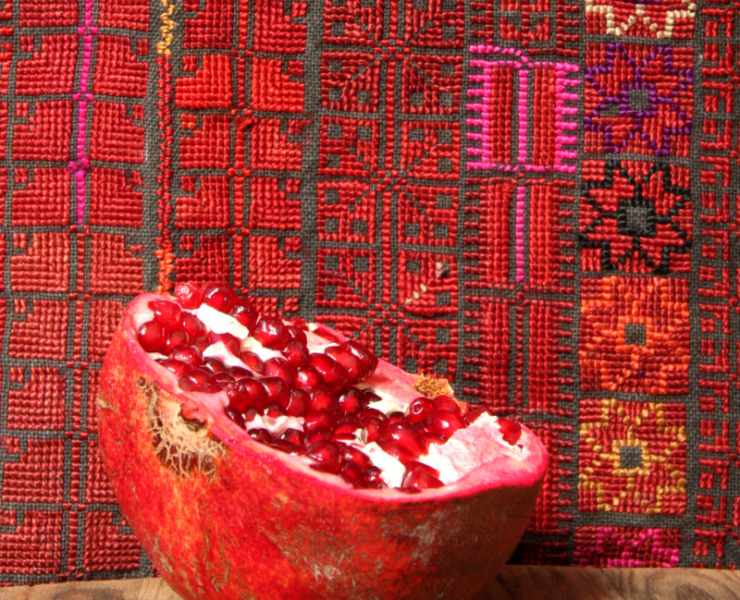Culture
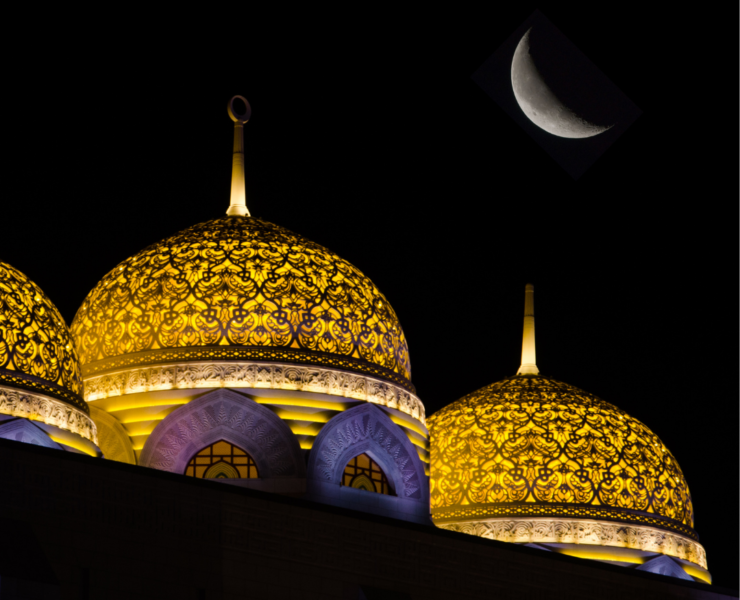
This week, we’ve put together an introduction to the month of Ramadan, from key terminology to the festive treats that are served. If you’d like to learn more about Ramadan, here’s some of the most important aspects of the month to know about, and if you’re learning Arabic we’re sharing all the Ramadan vocabulary you’ll need!
Scent is one of the most powerful aspects of personal adornment. It lingers in the air long after a person has left, it brings back memories of places we’ve been or people we’ve loved, and it has a proven influence on our state of mind: from soothing lavender to pick-me-up rosemary, the powers of fragrance have been known and used for millennia. The use of fragrance goes well beyond that of beautification.
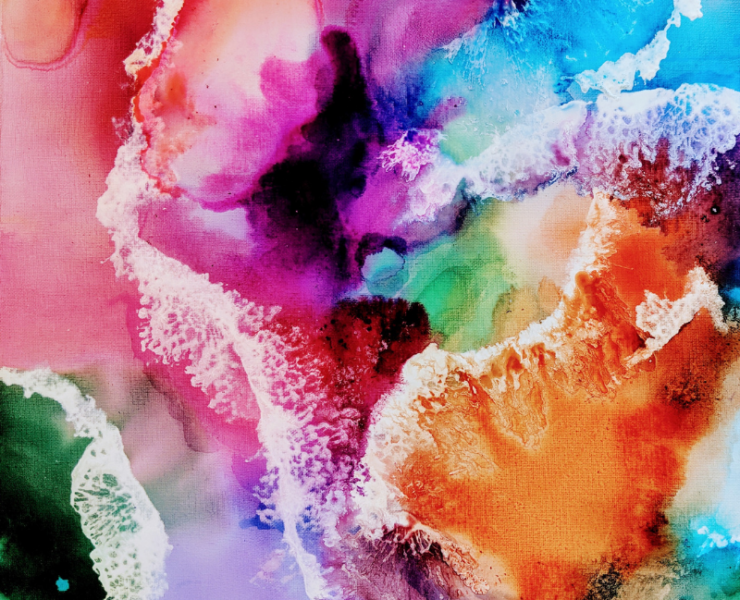
Creativity is an overrated concept. It is not something we have but it is more of a void that we want to fill with emotions that keep us afloat, make us break, leave us speechless and helpless, and feeds us that drop of water that quenches our thirst not only to keep us alive but also to make us breathe in life relentlessly. Let’s take a look at the 12 reasons we choose to be creators:
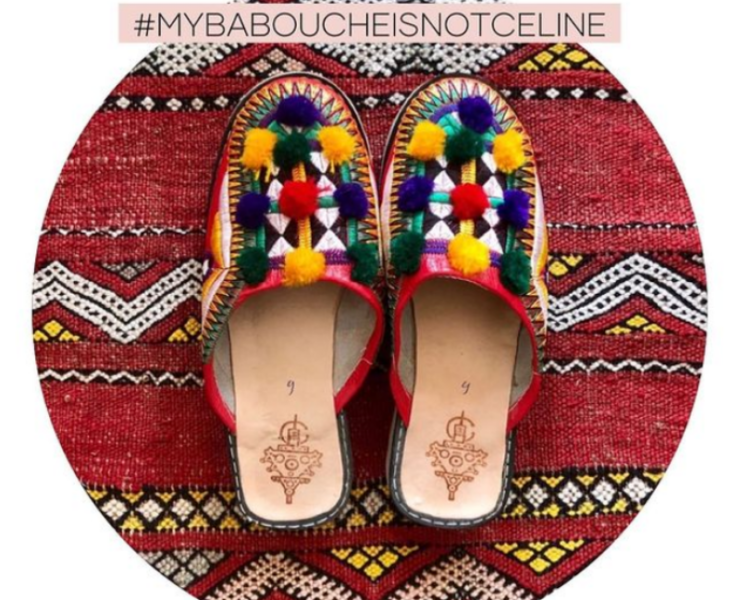
Cultural appropriation can be difficult to define and the line between appropriation and appreciation is often very fine, which can make it tempting to hide from debate all together for fear of getting it wrong. Our practical guide will help you understand cultural appropriation and recognise the power that we have as individuals and consumers to push back against discrimination and exploitation.

To mark Pride Month, we’re sharing a list of resources for anyone who’d like to learn more about LGBTQIA+ issues across the Middle East and North Africa, and in diaspora communities around the world. The list includes books, podcasts, articles, online platforms, music and Instagram accounts to follow.
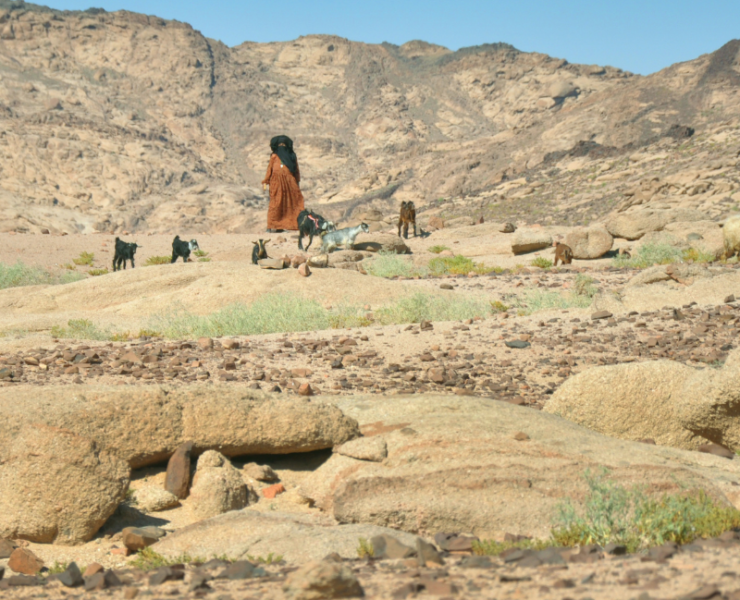
Bedouin women’s poetry is a rich, if little-known tradition of verse that stretches from Pre-Islamic Arabia all the way to the present day. While known within the Gulf and preserved in local communities, it rarely receives large-scale attention, generally because the emotional lives of women are considered culturally sensitive.

